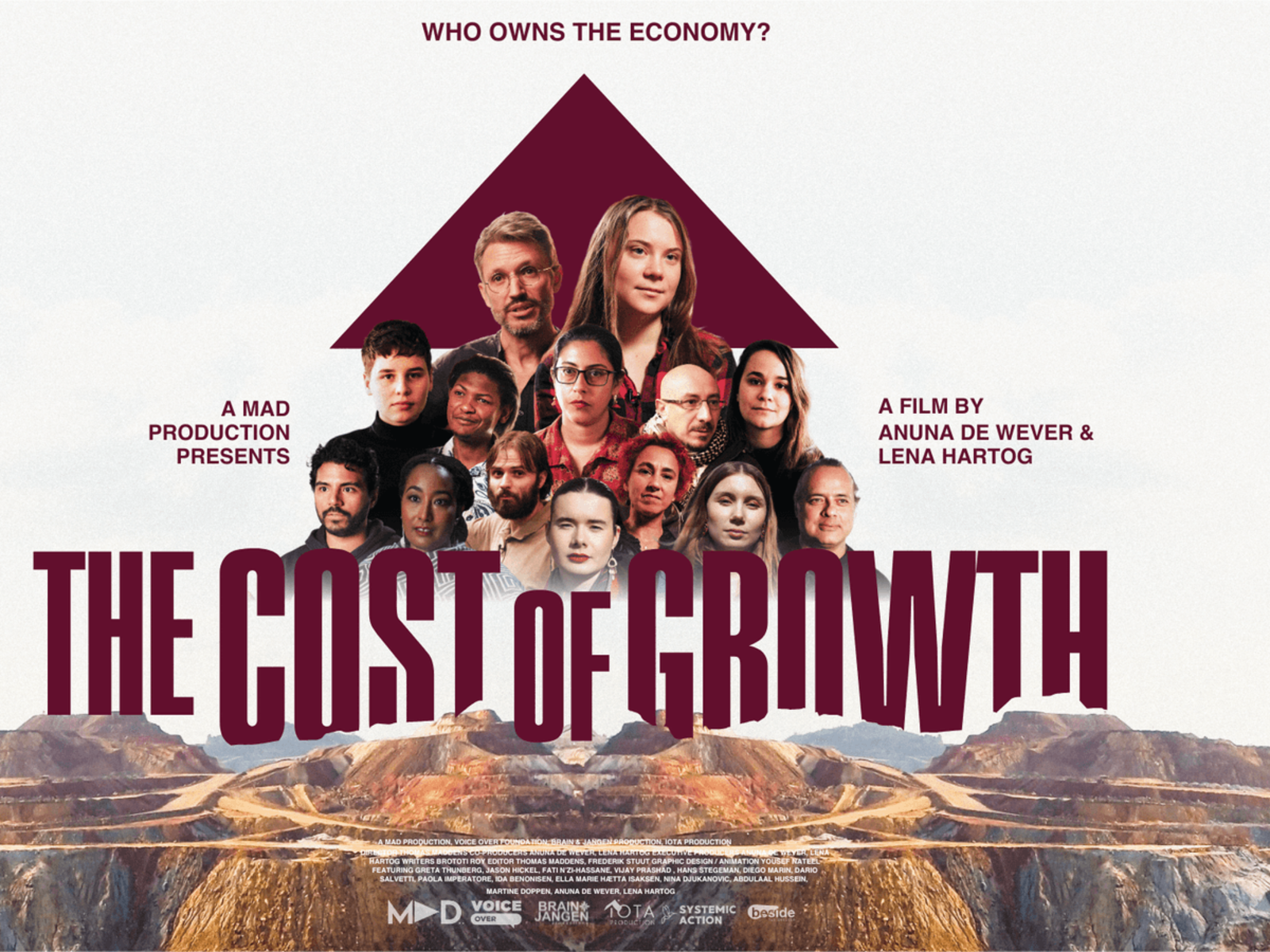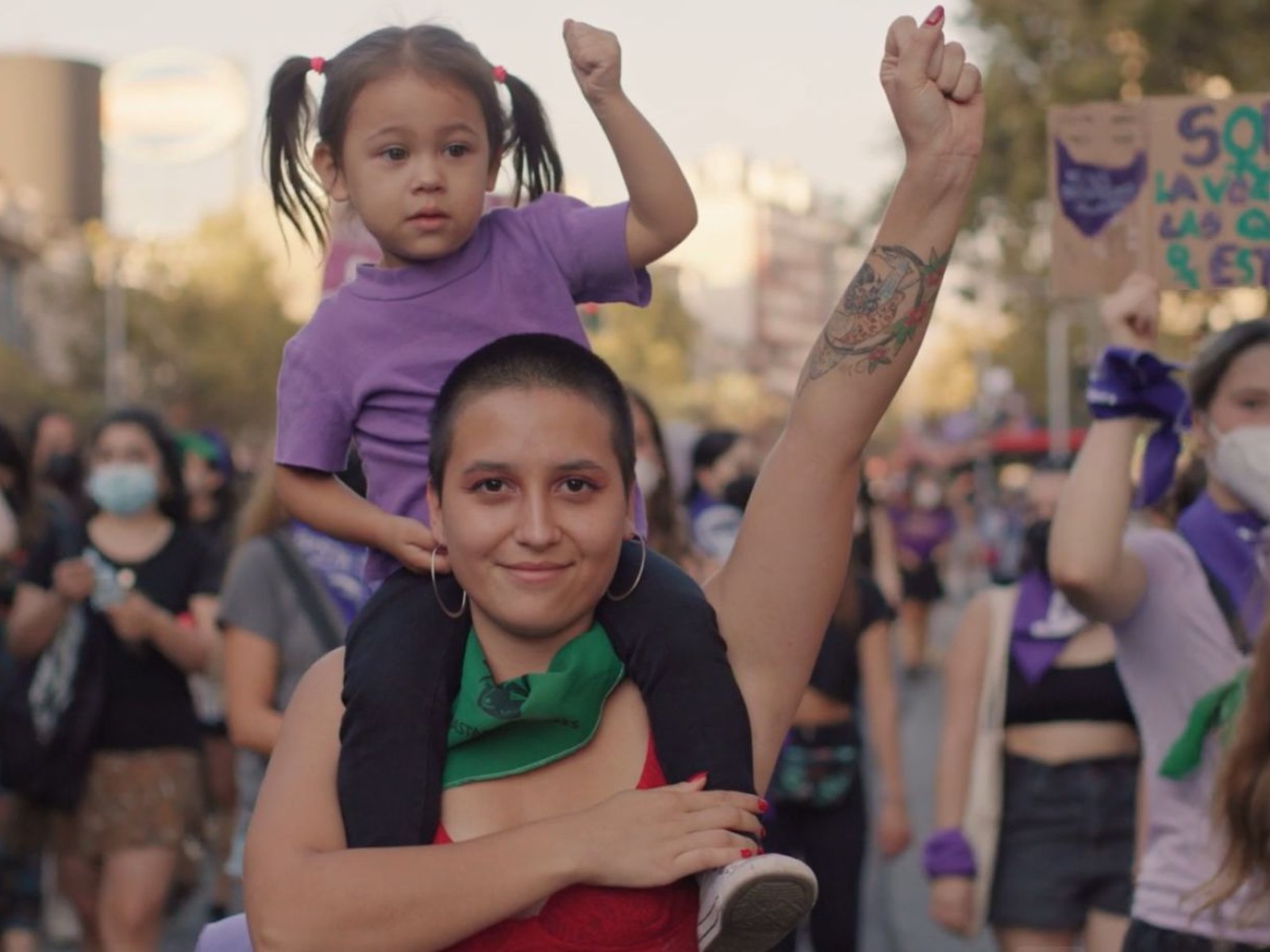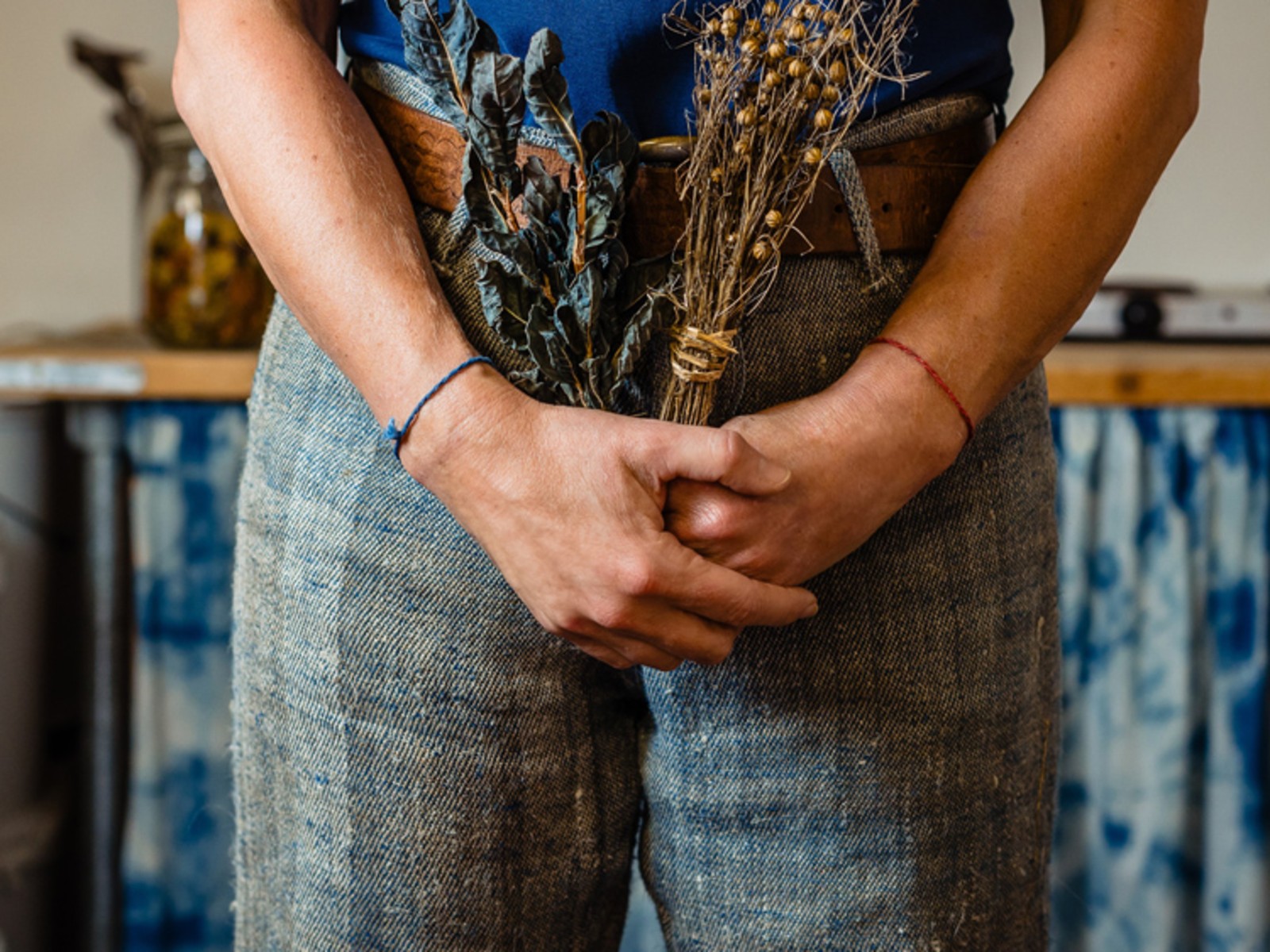


This is a screening by Jackie Treehorn Productions, an independent film club showcasing a large variety of films throughout Nottingham.
Wealthy industrialist Kingo Gondo faces an agonising choice when a ruthless kidnapper, aiming to snatch his young son, takes the chauffeur's boy by mistake - but still demands the ransom, leaving Gondo facing ruin if he pays up.
|

|

Today, Pasvik Folk High School in northern Norway aims to produce a similar life-changing effect on its students.
Folktales tells the timely and emotional story of teenagers who choose to spend an unconventional “gap year” learning to dog sled and survive the Arctic wilderness, in hopes of finding connection and meaning in the modern world. Guided by patient teachers and a yard full of Alaskan huskies, they discover their own potential and develop deep relationships with the land, animals and humans around them.
For nearly two centuries, Scandinavian folk high schools - some of which are rooted in the lessons of Norse mythology - have emphasized the power of nature, simplicity, and community to transform young lives. “We hope we can wake up your Stone Age brain,” Pasvik instructor Iselin tells her students.
Through intimate verité storytelling and exhilarating cinematography, Academy Award®-nominated filmmakers Heidi Ewing and Rachel Grady examine humans on the cusp of adulthood, finding themselves at the edge of the world.
|

|

All societies are based on the idea of a social contract. We are told that if we work hard, if we treat others with respect, if we play by the rules, we will be rewarded.
But then there are the rule breakers. Those who use power and corruption to play the system, who make use of tax havens, or who reap profits without paying back to society.
Whilst social inequality grows, so does the reaction to this abuse of our systems. Communities around the world are moving beyond cynicism and despair to organise and protest at the frontlines of social uprising.
Acclaimed documentary filmmaker Fredrik Gertten (Push, Bikes Vs. Cars, Big Boys Gone Bananas!*) returns with Breaking Social, an analysis of patterns of kleptocracy and extractivism around the world. The film follows some of these global stories, and through the people fighting these inequalities we see the possibilities of overcoming injustice – reimagining the building blocks of our societies and finding hope along the way.
Both confronting and hopeful, this is a documentary for anyone questioning how to make the world a fairer place for everyone.
Featured contributors include Amazon union organiser Chris Smalls, indigenous politician Valentina Miranda, founder of the Daphne Caruana Galizia Foundation Matthew Caruana Galizia, and global economic correspondent at the New York Times Peter S. Goodman.
|

This is a screening by Jackie Treehorn Productions, an independent film club showcasing a large variety of films throughout Nottingham.
In the 16th century, the ruthless and insane Don Lope de Aguirre leads a Spanish expedition in search of El Dorado.
|

In the industrial heartland of British textiles, a community sets out to do something unprecedented - grow jeans from scratch. With hopes of helping regenerate harmful fashion systems, they begin planting flax and indigo, spinning yarn, and weaving cloth. When the dream of bringing them to market falters, the challenge of creating a prototype is taken on by Justine Aldersey-Williams, transforming the experiment into a personal rite of passage.
What unfolds is a tender, radical act of reconnection: to land, lineage, lost skills, and the ‘more-than-human’ world. Woman Grows Jeans explores what it really means to rewild our world, our wardrobes—and ourselves. At once a protest and a prayer, this is slow fashion as provocation: sown by hand, infused with love, and stitched with hope. For anyone who’s ever wondered if a different future is possible, this pioneering story shows that the power to create change is still in our hands.
After the screening, we will be joined by the director Justine Aldersey-Williams.
Justine is a Wirral-based regenerative clothing activist, botanical textile dyer, and founder of the Northern England Fibreshed. From her studio The Wild Dyery in Hoylake, she has taught natural fabric dyeing to thousands of students worldwide, sharing skills that connect people to the land through plant-based colour.
|
